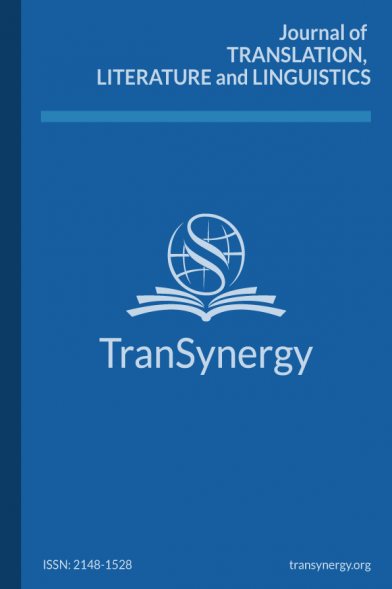V. S. Naipaul’s “One Out of Many”: In the Middle of Nowhere
Abstract Identity crisis, displacement and isolation are among the popular themes of post-colonial studies that are worked on by many writers. As a writer in a self-imposed exile, V. S. Naipaul reflected his own experiences in most of his novels. From his childhood, Naipaul had a sense of dislocation and as Kelly (1989) points out Naipaul explains the sense of dislocation in his early memories: “…between my birth and the age of seven we lived in about seven or eight different houses. I think it is because one has lived this disordered life that I haven’t been able to settle down, even as an adult” (as cited in Kelly, 1989, p. 2). “One out of many” is one of Naipaul’s stories in which he deals with issues such as isolation and displacement. Thus, the aim of this paper is to analyse displacement and isolation experienced by a third world character, named Santosh, in the first world in V.S. Naipaul’s “One out of Many.”
V. S. Naipaul’s “One Out of Many”: In the Middle of Nowhere
Abstract Identity crisis, displacement and isolation are among the popular themes of post-colonial studies that are worked on by many writers. As a writer in a self-imposed exile, V. S. Naipaul reflected his own experiences in most of his novels. From his childhood, Naipaul had a sense of dislocation and as Kelly (1989) points out Naipaul explains the sense of dislocation in his early memories: “…between my birth and the age of seven we lived in about seven or eight different houses. I think it is because one has lived this disordered life that I haven’t been able to settle down, even as an adult” (as cited in Kelly, 1989, p. 2). “One out of many” is one of Naipaul’s stories in which he deals with issues such as isolation and displacement. Thus, the aim of this paper is to analyse displacement and isolation experienced by a third world character, named Santosh, in the first world in V.S. Naipaul’s “One out of Many.”
___
Ashcroft, B., Griffiths, G., & Tiffin, H. (2002). The empire writes back. Routledge.
Bhabha, H. K. (1994). The location of Culture. Routledge.
Hamilton, I. (1997). Without a place: V.S. Naipaul in conversation with Ian Hamilton. In F. Jussawalla (Ed.), Conversation with V.S. Naipaul. University Press of Mississippi, pp. 14-21.
Kelly, R. (1989). V. S. Naipaul. The Continuum Publishing.
Naipaul, V.S. (1971). In a free state. Penguin.
Pederson, P. (1995). The five stages of culture shock: Critical incidents around the world. Greenwood Press.
Sarup, M. (1992). Jacques Lacan. Harvester Wheatsheaf.
